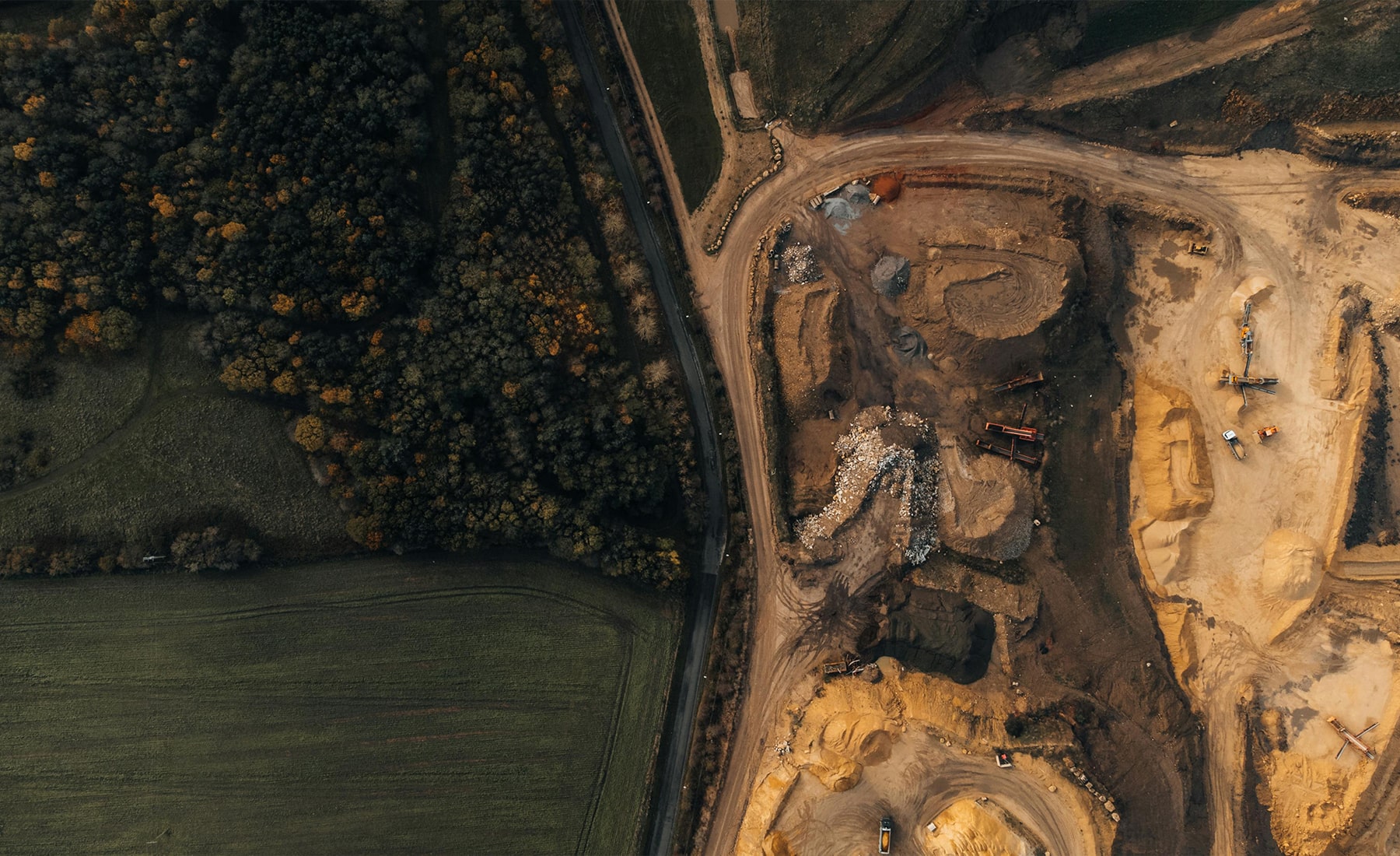CASE STUDIES
Responsible sourcing of ASM gold in Latin America

The World Gold Council estimates that artisanal and small-scale mining (ASM) accounts for approximately 20% of the annual supply of gold and up to 80% of the total global gold mining workforce. Millions of livelihoods depend on ASM, but the sector is often exploited by malign actors and linked to organised crime, such as funding of conflict or money laundering. However, not all ASM is exploitative, and some responsible buyers and producers are developing innovative solutions to encourage responsible practices and create market opportunities for responsibly mined artisanal gold.
Figure 1: Artisanal mining accounts for approximately 80% of the global gold mining workforce, meaning roughly four out of every five gold miners earn their living through ASM mining.
Opening market access for responsible artisanal and small-scale gold
A leading international gold producer sought to expand its sourcing from ASM operations. The company recognised that ASM presents significant risks, including potential links to illegal activities and criminal organisations, mineral smuggling, poor environmental practices, human rights abuses and unsafe working conditions. Determined to expand its supply chain responsibly while mitigating these risks, the company partnered with Kumi to establish a formal management system for ethical purchasing. The company’s initiative aimed to create market access for ASM miners who can:
- Comply with legal and regulatory requirements.
- Commit to addressing environmental, health, safety and human rights challenges.
- Make genuine efforts towards formalisation.
While expanding its gold supply chain, our client aimed to create a mutually beneficial relationship with artisanal miners by providing them with reliable access to legitimate markets while supporting improvement in their operational practices and economic prosperity.

Developing a risk profile
Acknowledging that ASM comes with many challenges and risks, we conducted a thorough desk-based assessment of regional ASM practices and supply chains. The analysis included management interviews, document reviews and an evaluation of the company’s current and planned sourcing practices. We developed a risk profile, delivering crucial insight into the local context and potential challenges within the ASM sourcing model.

Sustaining a strong ASGM management system
Based on the risk profile, we developed an ASM due diligence management system, including an ASM sourcing policy, a supplier code of conduct, a management structure, and other tools and templates such as site visit protocols and risk mitigation plans. The management system will:
- ensure that ESG impacts associated with the extraction, handling, processing, transportation, and trade of ASGM gold are systematically identified and managed
- follow the five-step framework of the OECD Guidance for Responsible Supply Chains of Minerals from Conflict-Affected and High-Risk Areas
- allow the client to have a systematic overview of all suppliers, including risk level and KYC approval dates, in a centralised format
- record all mineral transactions.

Create solutions for sustainable cooperation between large-scale and artisanal mining operations
Extract from the World Gold Council’s Responsible Gold Mining Principles
Market access for ASM (3.3): “We support access to legitimate markets for those artisanal and small-scale miners (ASM) who respect applicable legal and regulatory frameworks, who seek to address the environmental, health, human rights and safety challenges often associated with ASM activity, and who, in good faith, seek formalisation. We will consider supporting government initiatives to reduce and eliminate the use of mercury by ASM.”
While the coexistence of industrial and artisanal mining operations presents complex challenges, this project demonstrates that positive change is possible. By establishing a robust strategy in line with the World Gold Council’s Responsible Gold Mining Principles, gold producers can create frameworks for sustainable cooperation between large-scale and artisanal mining operations.
Contact Fiona
Author of: Responsible sourcing of ASM gold in Latin America


